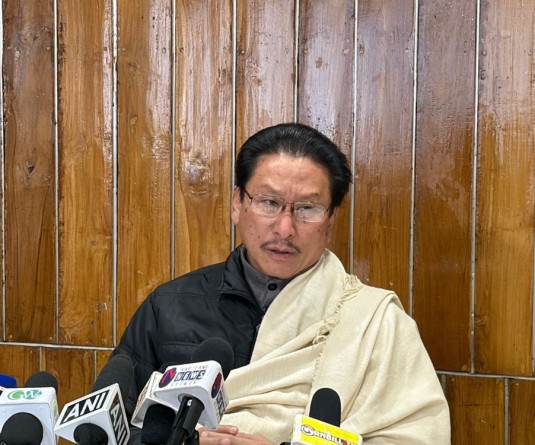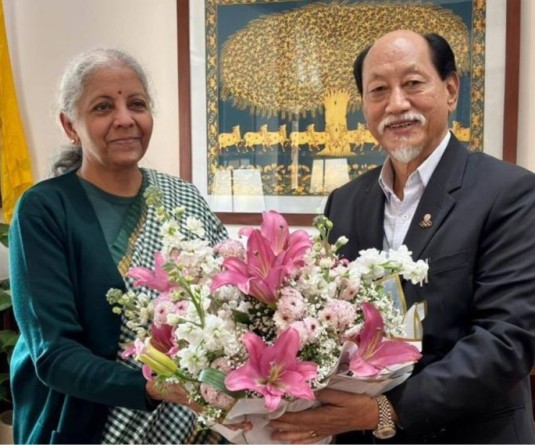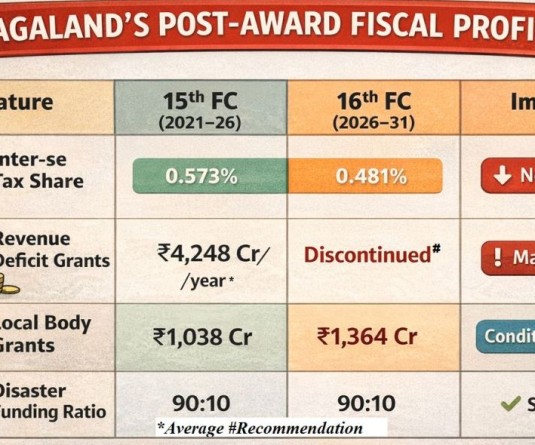
Morung Express News
Kohima | September 30
Underlining the impact of social and economic recovery plans in the COVID-19 context on indigenous peoples with a special focus on food security, the Human Rights Council held a panel discussion on the rights of Indigenous People on September 28.
Delivering the keynote address, Ilze Brands Kehris, Assistant Secretary-General for Human Rights with the Office of the United Nations High Commissioner for Human Rights (UN OHCHR) noted that “since the outbreak of COVID-19, numerous reports had attested that the gains of many indigenous peoples around the globe had been reversed,” wherein pre-existing inequalities have deepened and jeopardised progress in achieving the 2030 Sustainable Development Goals.
A key lesson learnt from COVID-19 for the international community, she said, “is that genuinely embedding human rights in all levels of decision making procedure is a precondition in building inclusive, stable and sustainable societies.”
“Building forward better requires human rights at the centre of the response including in the development and economy of the recovery plan,” she added.
She also underlined that indigenous peoples, who are the guardians of nature and custodians of vast repositories of traditional knowledge around the world, are key actors and partners in this process while highlighting that their meaningful participation including indigenous women must be an overarching principle.
Kehris further emphasized that protecting and promoting the rights of indigenous peoples, their cultures and traditions guide us to more sustainable way of interacting with our planet including how we produce and consume food. In this context, she noted that “indigenous peoples rely on the natural resources of their lands not only for their subsistence but also for traditional practices including food practices.”
For indigenous peoples, she pointed out that food security is intrinsically connected to their rights for enjoyment and protection of their lands, territories and resources. Towards this end, on the basis of centrality of human rights in the work of the United Nations, she said, “our office will continue to strengthen partnerships across the United Nations in the spirit of our common agenda to ensure that human rights and sustainability are at the heart of the efforts to response and recover from the pandemic.”
The panellists, she highlighted will also “identify good practices, lessons learnt, and current challenges for the protection of the indigenous peoples right to food.” This right forms the basis for enhancing and promoting indigenous food systems and is closely linked to their rights to land and resources and to freely pursue their right to development, she stated.
The panellists included José Francisco Calí Tzay, Special Rapporteur on the rights of Indigenous Peoples; Myrna Cunningham, First Vice-President of the Fund for the Development of Indigenous Peoples of Latin America and the Caribbean; Binota Moy Dhamai, Chair of the Expert Mechanism on the Rights of Indigenous Peoples; and Yon Fernández De Larrinoa, Head of the Indigenous Peoples Unit in the Partnerships and United Nations Collaboration Division of the Food and Agriculture Organization of the United Nations.
Earlier, Sahil Babayev, Minister of Labour and Social Protection of the Population of Azerbaijan, addressed the Council, outlining national efforts taken to uphold the rights of persons with disabilities in Azerbaijan.






